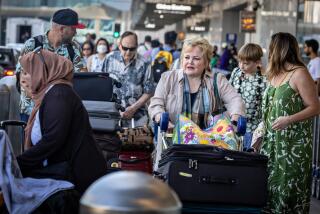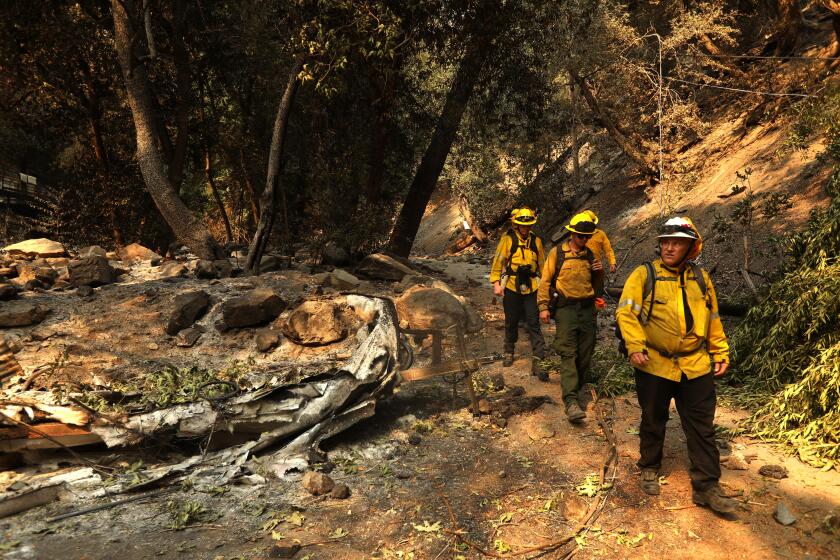TSA’s airport body scanners still raising health concerns
X-ray body scanners used by the Transportation Security Administration at airports around the country are back in the news.
The European Union on Monday banned the machines, also known as backscatters, at European airports over concerns that they might be linked to cancer. The investigative news organization Pro Publica reported earlier this month that research shows radiation emitted by the machines could lead to a small number of cancer cases, findings it says the TSA “glossed over” in assessing the safety of the machines.
The TSA maintains the machines operate “well within applicable national safety standards” and early this year posted radiation surveys for each unit at U.S. airports to prove its point. The agency says the amount of radition from a body scan is equivalent to the amount of radiation passengers receive during two minutes of flying at altitude.
TSA head John Pistole this month initially told a Senate hearing he would agree to an outside investigation of the machines but has since retreated from that stance, saying he believes they are safe, Pro Publica says. A Nov. 8 TSA blog post also said the agency would embark on an independent safety study of the backscatter technology.
With the backscatter, passengers stand between two large blue boxes and are scanned with a narrow X-ray beam. The TSA also employs another type of scanner using millimeter waves that doesn’t pose a potential health threat.
Pro Publica says there are about 500 machines at airports nationwide, equally split between the backscatter and millimeter wave technology.
More to Read
Sign up for The Wild
We’ll help you find the best places to hike, bike and run, as well as the perfect silent spots for meditation and yoga.
You may occasionally receive promotional content from the Los Angeles Times.







